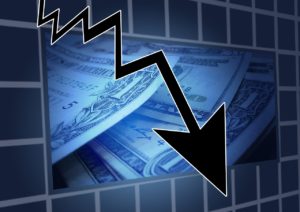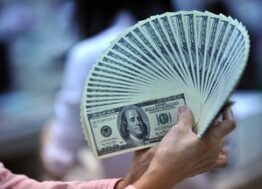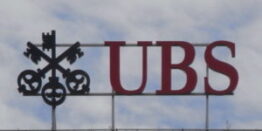
UBS is a Swiss corporation, and the owner of UBS Financial, which conducts business in the United States and is a member of the Financial Industry Regulatory Authority.
In 2014, UBS, one of the largest issuers of structured notes in the world, issued and sold 2.7 billion in structured notes.
Structured notes are securities issued by financial institutions whose returns are based on, among other things, equity indexes, a single equity security, a basket of equity securities, interest rates, commodities, and/or foreign currencies. The investors return is “linked” to the performance of a reference asset or index. Financial institutions typically design and issue structured notes, and broker-dealers sell them to individual investors.
Some common types of structured notes sold to individual investors include: principal protected notes, reverse convertible notes, enhanced participation or leveraged notes, and hybrid notes that combine multiple characteristics.
Yesterday, the United States Securities & Exchange Commission fined UBS $19.5 million for fraud in connection with sale of foreign exchange linked structures notes linked to the V10 Currency Index Volatility Cap (the “V10” Index).
UBS sold more than $190 million of these securities to approximately 2,000 retain investors in the in the United States. According to the SEC, UBS perceived that investors interested in diversifying their stock and bond portfolios were attracted to these structured products and accordingly manufactured them for sale
According to the SEC, UBS engaged in a variety of secret conduct, including taking unjustified markups, engaging in hedging trades with non-systematic spreads and trading in advance of certain hedging transactions and misleading investors as to certain key features of this complex financial instrument.
FINRA and the SEC have warned investors that Structured Notes are complex and are risky.
Structured notes typically provide for the repayment of principal at maturity, which is marketed as “principal protection,” but which is subject to the credit risk of the issuer. Some structured notes do even offer principal protection, but instead link and generally limit performance to the performance of the linked asset or index result in a total loss of principal, or contain a “put” option or “knock in” feature requiring the investor to purchase or redeem their note in the underlying linked security should it decrease below a specific price.
It is a win, win, win for broker-dealers and issuers. If the linked security goes up in value, the investors upside potential, less administrative costs, is limited. If the linked security goes down in value below a certain point, the issuer is insulated from loss because 100% of the loss and downside risk is passed along to the investor, and the issuers, managers, underwriters, and distributors get to earn commissions and management fees all along the way.
Guiliano Law Group
If you have been the victim of securities fraud and you have a complaint, you should consult with an attorney. The practice of Nicholas J. Guiliano, Esquire, and The Guiliano Law Group, P.C., is limited to the representation of investors in claims for fraud in connection with the sale of securities, the sale or recommendation of excessively risky or unsuitable securities, breach of fiduciary duty, and the failure to supervise. We accept representation on a contingent fee basis, meaning there is no cost unless we make a recovery for you, and there is never any charge for a consultation or an evaluation of your claim. For more information contact us at (877) SEC-ATTY.







